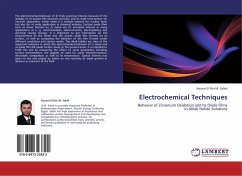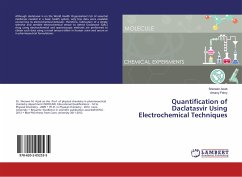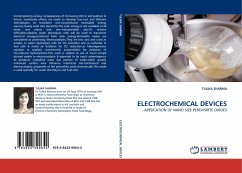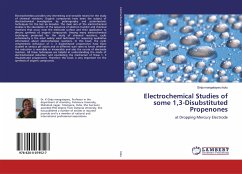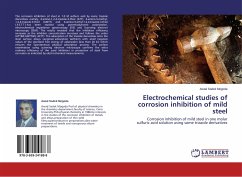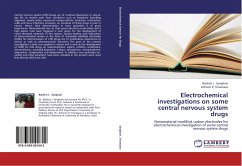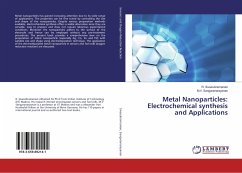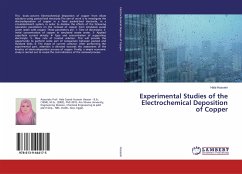The electrochemical behavior of Zr finds growing interest, because of the stability of its passive film towards corrosion and its small cross-section for neutron absorption, which make it a suitable material for nuclear fuels, but also for its wide application in chemical industry. Surface oxide films such as those formed on Zr metal are of increased interest in many applications as e. g. electrocatalysis, electrochromic, electroplating and electrical charge storage. It is important to get information on the characteristics of the metal and the anodic oxide film formed on its surface, as well as comparing the behavior of the film formed under different conditions and various media. The alkali halides are class of the important solutions in which the electrochemical behavior of zr metal and its oxide film still needs further study. In the present book, it is intended to fulfill this aim by measuring the effect of some parameters including surface pretreatment, the applied cd used for oxide electroformation, electrolyte composition as well as its temperature. Special interest was given to the role played by iodine on the reactivity of oxide growth in absence or presence of the field.
Bitte wählen Sie Ihr Anliegen aus.
Rechnungen
Retourenschein anfordern
Bestellstatus
Storno

